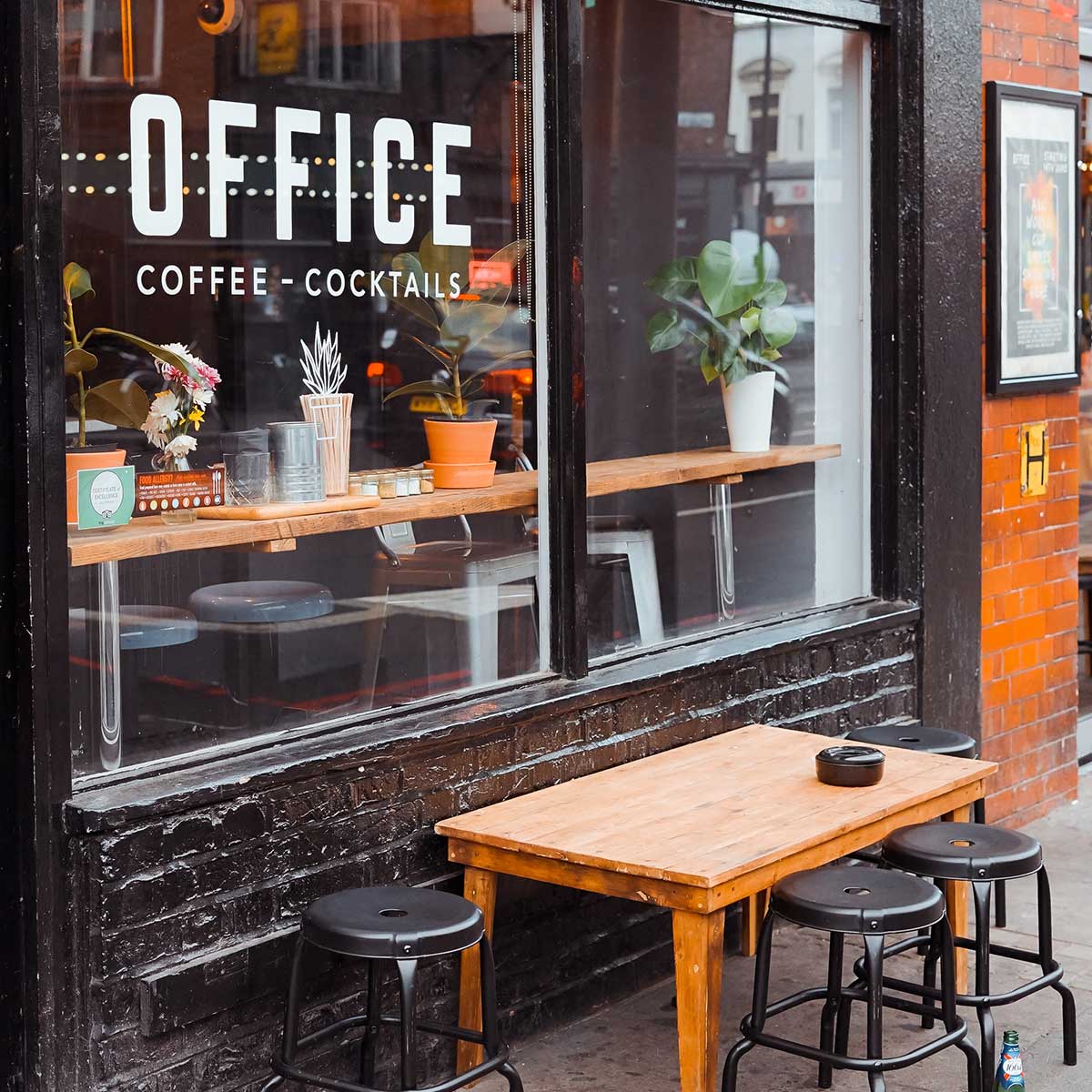Commercial Property Insurance
Protect your business assets with our comprehensive Commercial Property Insurance.
Covering buildings, contents, and loss of rent, PIB Insurance Brokers ensures your commercial investments are secure, giving you peace of mind in your business operations.

What is Commercial Property Insurance?
Commercial Property Insurance, also known as business buildings' insurance, is vital for protecting your business premises and assets against a range of risks such as fire, theft, and natural disasters. This type of insurance is designed to offer financial security, ensuring that your business can recover and continue operations with minimal disruption following unforeseen events.
A commercial property is classified as any real estate property that is used for business activities. This includes offices, retail stores, warehouses, industrial buildings, and other premises where commercial activities are conducted. Essentially, if a building or part of a building is used for activities that generate income, it is considered a commercial property.
Our Commercial Property Insurance is tailored to meet the specific needs of your business. It covers the cost of repairing or rebuilding your commercial buildings and replaces lost or damaged property within them. Whether you own or lease your business space, having the right insurance coverage ensures that your investment is protected, and your business can continue to thrive even in the face of adversity.
By choosing PIB Insurance Brokers, you benefit from tailored insurance solutions that recognise the unique aspects of your commercial property, ensuring comprehensive protection against a wide array of risks.
Do I need insurance for my commercial property?
Yes, if you own or lease commercial space, insurance is crucial to protect your investment against unforeseen events. It not only covers physical damage to the property but also financial losses due to business interruption. This insurance is vital for maintaining business continuity and financial stability.What does Commercial Property Insurance cover?
Commercial Property Insurance offers extensive coverage to safeguard various aspects of your business premises and operations. Here’s what is typically included:
- Building Structure: Covers the repair or rebuilding costs following damage from events like fires, storms, or vandalism.
- Contents and Equipment: Protects furniture, equipment, and stock against theft, damage, or loss, ensuring that your business assets are covered.
- Business Interruption: Provides compensation for lost income during periods of forced closure, helping your business to maintain financial stability.
- Liability Protection: Offers coverage for legal fees and medical expenses if someone is injured on your property, safeguarding against claims made by third parties.
However, it's important to understand what is typically not covered by Commercial Property Insurance:
- Normal Wear and Tear: The gradual deterioration of the property or its contents over time is not covered.
- Intentional Damage: Damage intentionally caused by the business owner or employees is not included.
- Certain Natural Disasters: In some cases, events like floods or earthquakes may not be covered and might require additional policies.
- War and Nuclear Risks: Damages resulting from war, civil war, or nuclear risks are generally excluded from standard policies.
- Terrorism: Acts of terrorism are typically excluded and would need specific terrorism insurance coverage.
How much is Commercial Property Insurance?
The cost varies based on your property's size, location, and the nature of your business. Factors like building materials, security systems, and fire risk also influence premiums. We offer bespoke solutions to provide competitive and comprehensive coverage for your specific needs.Is business buildings insurance a legal requirement?
While not legally mandated, having insurance is prudent for financial protection. Certain contracts or lenders may require it, and it ensures you can cover costs without impacting your business negatively in case of damage or loss.
Who is responsible for buildings insurance on a commercial property?
Responsibility for buildings insurance depends on the ownership and lease terms. Typically, the property owner purchases the insurance, but lease agreements may require tenants to provide coverage for the building or specific parts of it.
Why Choose PIB Insurance Brokers
At PIB Insurance Brokers, we understand the intricacies of Commercial Property Insurance. Our expertise ensures you receive tailored coverage that meets your business needs, protecting your commercial assets against various risks.
- Tailored Insurance Solutions: Our policies are customised to suit the unique aspects of your commercial property, ensuring comprehensive protection.
- Expert Knowledge: Our specialists are well-versed in the complexities of commercial property risks and insurance solutions.
- Dedicated Support: We provide ongoing support and advice, ensuring you understand your coverage and have the right protection in place.
- UK-wide Service: With a nationwide presence, we deliver consistent and reliable insurance solutions, wherever your property is located.
Trust PIB Insurance Brokers for your Commercial Property Insurance needs and focus on growing your business with confidence.
